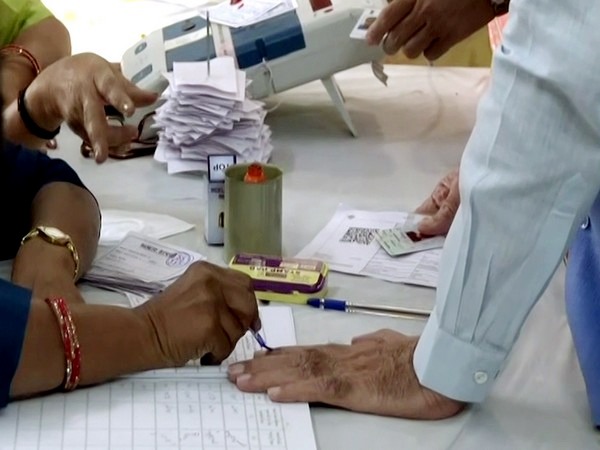New Delhi [India], April 17 (ANI): As India is set to vote for a new government at the Centre, with the first of the seven phases of the election slated on Friday, the Development Bank of Singapore (DBS) has come out with a report analysing the poll promises made by the incumbent BJP-led government and the principal opposition party Congress.
According to the manifesto, the ruling party emphasised continuity in schemes and policy rather than fresh big-bang changes while the main opposition goes with populist hues. So, in brief, the main differences in the promise documents of the two parties are continuity and populism.
Most importantly, the report by DBS noted that elements of structural reforms were largely absent in their manifestos.
For BJP, maintaining continuity in schemes will have minimum financial implications because most spendings are budgeted in the Interim Budget.
In the case of Congress, implementing the promises they made will entail significant fiscal costs, necessitating subsequent revenue-enhancing measures, DBS senior economist Radhika Rao argued.
“We foresee limited fiscal implications from these (BJP) announcements as part of these were included in the interim budget and the manifesto did not outline any new big-bang reforms or fresh social welfare spending programs,” said the report.
Going by the Congress manifesto, DBS noted that the fiscal deficit target of 5.1 per cent of GDP might be missed by a sharp margin.
“There is a lack of clarity as to what extent these measures will be implemented,” DBS said about Congress promises.
Coming to the manifesto, the BJP highlighted the work done by its government in the past decade of being in power and remained focused on continuing existing social welfare programs, but with a better outreach
BJP also signalled a continuation of the infrastructure push, policies to expand the manufacturing sector, and establishment the country’s position as a voice of the Global South
Some other big promises by the BJP are to introduce ‘One nation, One Election’ by 2029, besides pursuing the Uniform Civil Code.
“Similar to the pre-poll interim Budget, where the ruling central government prioritised prudence over populism (Budget), the manifesto signalled a continuation of existing reforms and social welfare schemes rather than lean towards new big-bang promises, which could carry significant fiscal costs,” DBS said.
On the other hand, Congress made a slew of promises to various sections of society in its manifesto including a legal guarantee for MSP, raising the minimum daily wage under MGNREGA to Rs 400, a confirmed first job and an annual stipend of Rs 1 lakh to educated youth, an assistance worth Rs 1 lakh annually to a woman from poor families, farm loan waiver among others.
Particularly on the farm loan waiver promise, DBS noted that states have been tapping the loan waiver as a pre-poll sweetener in recent local elections, increasing the fiscal strain on their books.
The elections for 543 Lok Sabha seats will be held in seven phases from April 19 to June 1, with the counting of votes scheduled for June 4. (ANI)
Disclaimer: This story is auto-generated from a syndicated feed of ANI; only the image & headline may have been reworked by News Services Division of World News Network Inc Ltd and Palghar News and Pune News and World News
HINDI, MARATHI, GUJARATI, TAMIL, TELUGU, BENGALI, KANNADA, ORIYA, PUNJABI, URDU, MALAYALAM
For more details and packages











